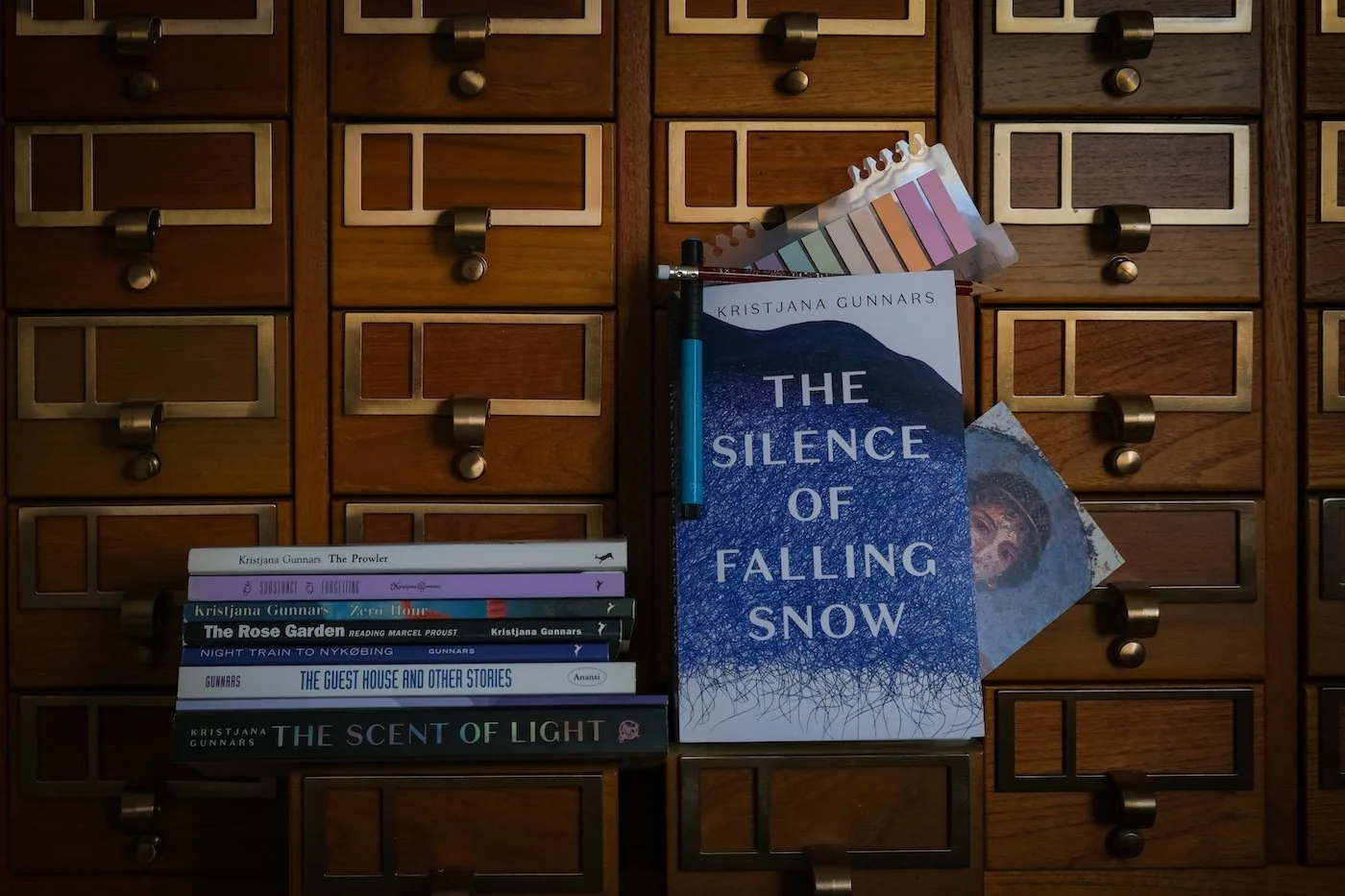Reading The Rose Garden
I'm interested in how we read books, in our relationship with books, and with particular books. I'm interested in those books we return to again and again and in those volumes we re-read. The Rose Garden: Reading Marcel Proust by Kristjana Gunnars is, for me, one of those volumes. In fact, my fascination with the subject could likely be easily traced back to my first encounter with this book which is about how we read and perhaps, how a particular woman writer reads. In this book I found validation for a type of behavior that I had thought was odd and unacceptable, or as the author might say, perverse.
A woman from Canada travels to Germany and rents a house with a rose garden. In it she writes, thinks, and she reads Proust, but not "in an orderly way." She says,
I do not care whether I have understood Marcel Proust. If my misunderstanding is good, why should anyone care? Even if my misunderstanding has no value. Appropriate understanding is beside the point. So is the fluency of the lie.
Just as the author finds herself in a place where there is abundant social activity, she finds herself saying "no" to things. Instead, she says, "I would find myself in my small garden, staring transfixed at a rose. It would be off-white, fading at the edges, singed by age to a dirty brown." She goes on:
Perhaps, as Proust says, I had a kind of appointment with myself. But it was a meeting of a different nature. I was not engaged in the act of writing a book. There was just a question I needed to ask myself. The question was so unfocused, I did not exactly know what it was. I wondered for example, about the woman who wishes to be alone. Is it different from when the man wishes it to be so? The idea of solitude has been dignified for men by the great thinkers. But I could not escape the suspicion that the women who choose solitude in our literature come out of it a little odd.
One of the most simple yet for me profound observations of The Rose Garden is that one often feels in a rush to read the next book. To get through and move on to the next great work. But Gunnars says,
It occurred to me in this summer of reading that the whole idea of "reading" is suspect. We think that to read is to sit down with a book, scan its pages word for word, finish it, and put it away. That is a consumer model of reading, and that is the one we have. Then we make an industry of the commentaries we produce about the books we have consumed. The market economy relies on this idea of the reader as consumer, in order that we may go and purchase another book, and then another. So we can say, "I have read that book," and it will be the equivalent to saying, "I have been to the Andes" or "I have seen India." The reader as tourist.
Looking back, I can see why The Rose Garden, published in 1996, meant so much to me. The descriptions of a solitary woman, a contemporary woman, reading and writing, a woman who had an appointment with herself was and is compelling and validating. I had needed permission to sit in a garden and read certain books obsessively, to enjoy reading and re-reading, and to read simply for the 'vague scent of blossom.'
2016









